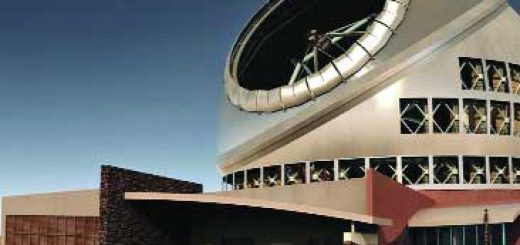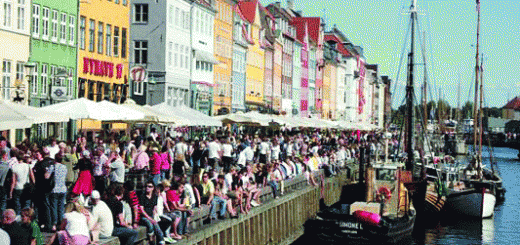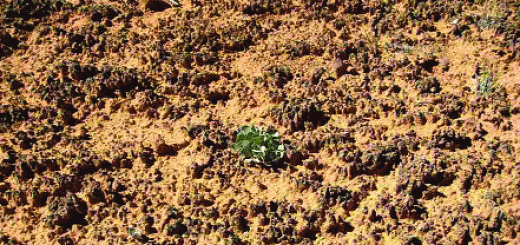The Crescent Moon in Ashes -Fahmida Mehreen
Eid is a word that brings reflections of colour, sweets, festivity, joy, and love into the eyes of a Muslim. As Muslims, we celebrate Eid twice every year: Eid Ul Fitr at the end of Holy Ramadan and Eid Ul Adha on the 10th day of Dhul Hijjah.
Eid Ul Fitr, which is the celebration after a month-long fast, marks the end of Ramadan and offers an opportunity for us to reflect upon its teachings and significance, which can be carried forward in the future as good practices. It widens our chances to comprehend the values that come with spirituality, gratitude, and community building. It is a time when we express our thankfulness towards the Almighty for all the blessings of Ramadan and seek forgiveness for any pitfalls in our actions or intentions. This time, we pray for good health, the well-being of our near and dear ones, and give Zakat al Fitr in the form of money or food to the less privileged people as compassion to the less fortunate.
Besides its profound divinity, Eid is a festive occasion. It brings all parts of the community together through Eid prayers, greetings, gatherings, and so much more. People reconnect over this time of the year, maybe even leaving behind old agonies. It is a national holiday in many countries, especially those with a higher Muslim population. People travel long distances to their loved ones just to rejoice on this day. It is mentionable that the sense of union and harmony that is substantial during Eid Ul Fitr reveals the fundamental beliefs of Islam that emphasise the prominence of empathy, kindness, and communal coherence.
But in today’s world, it is not as ideal and picture-perfect as described above. We live in a time where there is a rat race to success, and power is the ultimate triumph. Hence, there are places all across the globe that were once resilient in their sovereignty but are now tattered away. Syria is a country located in West Asia in the Eastern Mediterranean and the Levant. More than its geographic details, what’s been crucially under discussion around the world for the past few years is the Syrian Civil War. Around March 2011, the Syrian government under the leadership of President Bashar al-Assad encountered an unprecedented challenge when pro-democratic protests broke out across the land. Simply put, the protesters wanted to overthrow the authoritarian Assad regime, which the Syrian government vigorously suppressed using police, military, and other forces. By 2012, a full-on civil war was on the scene. Additionally, the Turkish military and the Free Syrian Army that it supports have been attacking Syria since around July 2015, leading to the Turkish occupation of northern Syria.
Keeping political and international strategies aside, it is evident that civil wars, or wars of any kind, leave a nation paralysed for decades. With massive socio-economic damages, it leads to huge population displacement—refugees, as we call them—along with severe casualties. The infrastructure is all impaired, and the financial losses are beyond comprehension to make up for damages any faster. Widespread corruption undermines the state of law and order, which further reduces regulatory effectiveness.
Given all these circumstances, the crescent moon of Ramadan and Eid will shine upon the people of Syria. In shatters and splinters, the families will celebrate. Of course, it is nothing like what it used to be, but they will live through it. Numerous organisations all over the world have set up impromptu camps that offer food, sweets, clean clothes, and entertainment during Eid in previous years. The children do not get the pricey and most fashionable Eid attire, but they are glad to receive whatever is there for them. There are unaccompanied children who are often taken to care facilities where they can celebrate Eid with other kids. Volunteers from all across the world join for kids’ recreation and Eid gift distribution. This only helps them find the cheerful spirit of Eid, which is otherwise hard to find in the rubble. With today’s fast and hi-tech means, charity campaigns are run throughout Ramadan, and funds are collected from various parts of the world to cater to the needs of the children during Eid. Even during Ramadan, food supplies are rationed to families to survive the holy month with whatever is best available for them.
In spite of spending a certain time of her life away from Syria, a Syrian by origin who is currently residing in London, UK, as a student shared, “Despite all the hardships that Syria and her people have endured over the years, the sense of collectivism and pride in national identity still manages to seep through. This is especially the case in nurturing and maintaining traditions through generations. At its heart, Syria is a nation where Christianity and Islam co-exist peacefully. Hence, during Eid, you feel a sense of community coming together. Syrians are strong in their religious faith, and generations come together to try and maintain a sense of celebration, harmony, and thankfulness in spite of continued challenges thrown their way, continually looking to brighter days ahead.”
At the end of the day, when we think of this entire state of being on moral grounds, we can say that regardless of all theories and policies, this is not a fair place to be. When some kid in one part of the world is buying the latest Nike Air, another child in a war-struck country, starving, will have to fight for a used, donated pair of shoes just so that he has something to cover his feet on Eid. Despite realising this brutal truth, maybe our hands are tied to do a lot. As we speak on this, there is another nation suffering horrendously at the moment for whom thinking about Ramadan and Eid is far-stretched; making it to the next hour is the big deal. As Muslims, we believe that Almighty has the best plans for us and all good things in due time. The clock doesn’t stop ticking, and whatever is meant to happen happens, whether pleasant or not! Thus, inevitably, Eid will come and shine in its own graciousness. The question lies in how we, the people of the world, define this Eid.

















Recent Comments